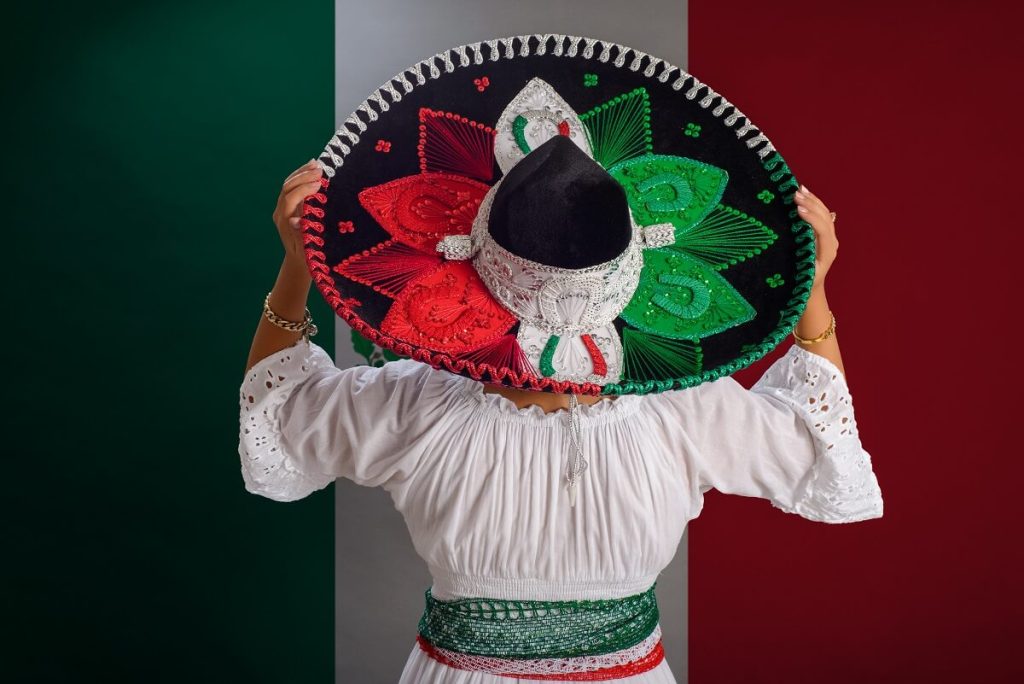
Step into the vibrant world of Mexican culture and uncover the fascinating meaning behind the word ‘Chingones’. Often used to describe a person or an object that exudes strength, confidence, and authenticity, ‘Chingones’ holds a special place in the hearts of Mexicans. In this captivating exploration, we delve into the cultural significance of this term, unravelling its historical roots and its evolving connotations in modern society. From its origins in Mexican slang to its widespread usage in mainstream media, ‘Chingones’ has become more than just a word; it represents a powerful symbol of Mexican identity and resilience.
Join us as we peel back the layers of this intriguing term, exploring its impact on Mexican art, music, and fashion, and gaining a deeper understanding of the pride and passion that it embodies. Get ready to embrace the spirit of ‘Chingones’ and unlock a whole new world of cultural meaning.
Table of Contents
Historical and Cultural Origins of ‘Chingones’
The word “Chingones” has a long history and cultural links in Mexico. It derives from the Spanish word ‘chingar’, which can indicate to struggle against difficulties or to triumph in the face of them. This term in Mexican slang has changed through time to have a more uplifting meaning, signifying someone who is resilient, strong, and powerful. It evolved into a method for Mexicans to honor their culture and embrace who they are, emulating the spirit of overcoming obstacles and succeeding in spite of all circumstances. ‘Chingones’ has evolved into a cry for solidarity, strength, and pride because of the cultural importance that is so engrained in the Mexican psyche.
Throughout history, especially among marginalized people, the name “Chingones” has been used to denote empowerment. It has given people a feeling of unity and belonging while enabling them to establish and express their own identities on their own terms. The adaptability and perseverance of the Mexican people, who have overcome many difficulties throughout history, are reflected in this linguistic development. The song “Chingones” has been deeply ingrained in Mexican culture and serves as a reminder of the people’s resilience and tenacity in the face of hardship.
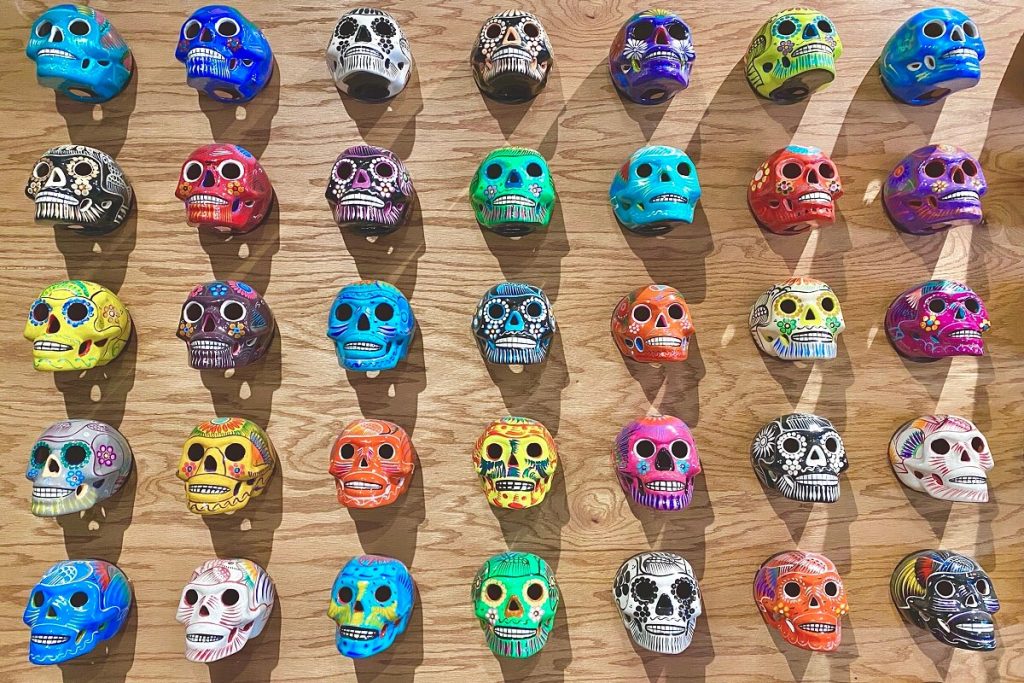
The Evolution of ‘Chingones’ in Different Cultures and Languages
While ‘Chingones’ originated in Mexican culture, its influence has transcended borders and has been adopted by various cultures and languages around the world. In Latin America, the term has been embraced by communities who share similar struggles and experiences, using it as a symbol of resistance and empowerment. In the United States, where there is a large Mexican diaspora, ‘Chingones’ has become a way for individuals to affirm their cultural heritage and assert their identity in a multicultural society.
‘Chingones’ is a hit outside of the Hispanic community as well. Celebrities and influencers have begun using the term, and it has gained popularity in recent years in both mainstream media and popular culture. The term “Chingones,” which denotes strength, confidence, and authenticity, is now more widely recognised and appreciated as a result of its cross-cultural adoption.
The Various Meanings and Interpretations of ‘Chingones’
In Mexican slang, ‘Chingones’ can also be used in a fun or loving manner. It can be a term of endearment among friends or a means to express praise for someone’s skills or accomplishments. This versatility and adaptability of the phrase lead to its lasting popularity and widespread usage.
What does Chingones mean?
The term ‘Chingones’ is rich in meaning and subject to interpretation. While it is most frequently interpreted as a statement of empowerment, it may also be seen as a celebration of individuality and originality. ‘Chingones’ signifies people who are unashamedly themselves, embracing their flaws and defects. It is a rejection of societal standards and expectations, pushing individuals to be real and true to themselves.
Is chingón a bad word in Spanish?
Depending on the context and the tone, the Spanish slang phrase “chingón” can signify a variety of things. It can be employed as an interjection, an adjective, or a noun. Mexico is where it’s most common, although it’s also used in several areas of Central America and the United States.
As an adjective, it can indicate excellent, extremely good, cool, badass, beast, or big shot when applied to a person or an object. However, when used negatively, it can also indicate being bothersome, upsetting, or a pain in the ass.
It can be used as a noun to describe a capable, skillful, or admirable someone who excels in a certain field. However, it can also be used to describe a troublemaker or irritant who is obnoxious, impolite, or confrontational. Depending on the situation and the accent, it can be used as an interjection to convey surprise, admiration, rage, or irritation.
In some contexts, the term “chingón” is thought to be derogatory or insulting. It comes from the word chingar, which means to trouble, annoy, screw, or fuck. The Romani word “čingarár” which means “to fight,” is the source of the verb “chingar”.
Chingona is the word’s feminine version, which can have meanings that are comparable to those of the masculine form but is frequently employed to characterise strong, independent, or rebellious women. It can also be a negative epithet for females who are too assertive, domineering, or vulgar.
So, to answer the question, yes, chingón can be a bad word in Spanish, depending on how you use it and who you say it to. Be careful when using it, and make sure you understand the context and the tone of the speaker.
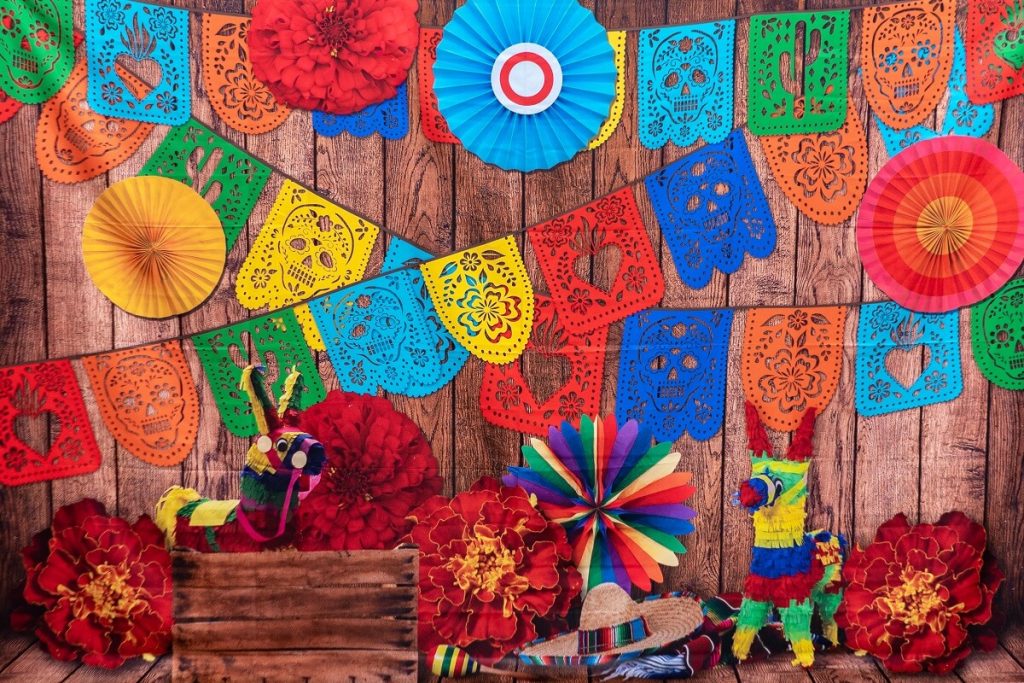
The Significance of ‘Chingones’ in Modern Society
In modern society, ‘Chingones’ has evolved beyond its linguistic origins to become a powerful symbol of empowerment and resilience. It has become a rallying cry for those who face adversity, discrimination, or marginalization. ‘Chingones’ represents a sense of collective strength and unity, reminding individuals of their ability to overcome challenges and thrive in the face of adversity.
This term has also found its way into various forms of media and entertainment. In music, ‘Chingones’ has become a recurring theme, with artists incorporating the term into their lyrics to convey messages of strength, empowerment, and cultural pride. In the realm of fashion, ‘Chingones’ has inspired a new wave of designs and styles that celebrate Mexican heritage and challenge traditional beauty standards.
Examples of ‘Chingones’ in Popular Culture
The impact of ‘Chingones’ can be seen in the rise of Mexican artists and performers who have embraced the term as a symbol of their identity and heritage. Artists like Frida Kahlo, whose bold and unapologetic artwork celebrates the strength and resilience of Mexican women, embody the spirit of ‘Chingones’. In the music industry, artists like Lila Downs and Natalia Lafourcade have used their platforms to promote Mexican culture and empower others through their music. Their lyrics often reference ‘Chingones’, highlighting its significance in their artistic expression.
“Chingones” has become a well-known phrase in Hollywood. International success for Mexican performers and filmmakers has elevated Mexican narratives and viewpoints. Salma Hayek and Guillermo del Toro have both used their fame to dispel myths about Mexican culture and advance a more complex knowledge of it. Their contributions have reshaped how Mexicans are portrayed in popular culture, exemplifying the “Chingones” spirit.
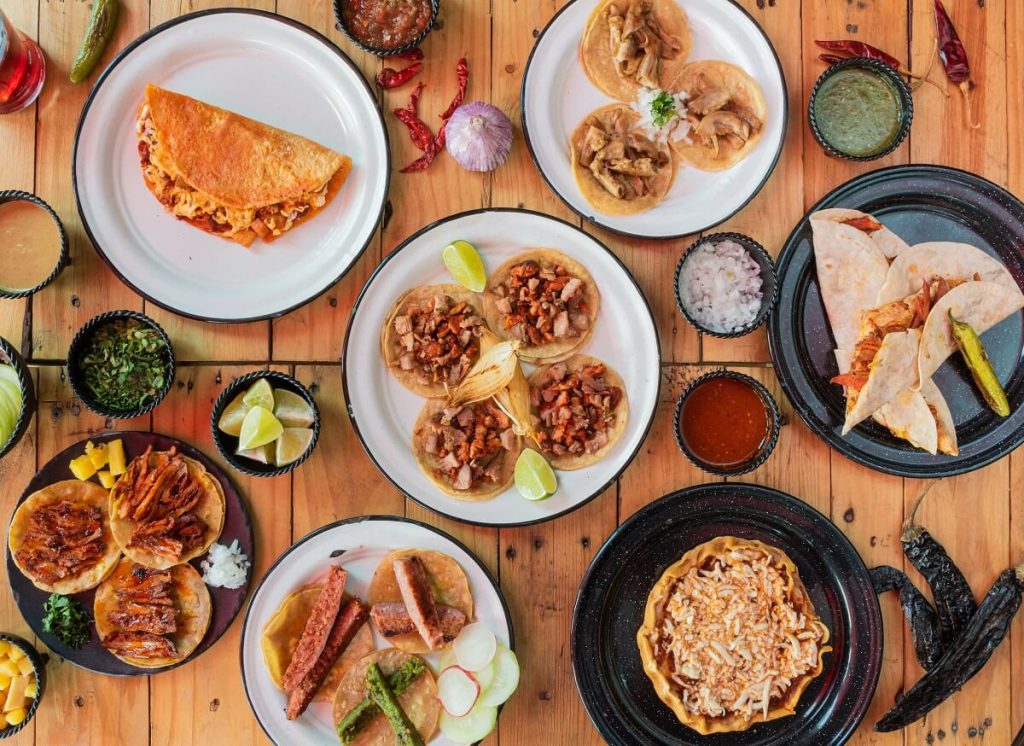
How ‘Chingones’ is Used in Different Contexts
‘Chingones’ can be used in a variety of ways, depending on the situation and the relationships between people. It is a term of support and camaraderie that can be used among friends or in tight-knit groups of people. It turns into a means of supporting and motivating one another while recognising the inner fortitude and resiliency that each person possesses.
The term “Chingones” can also be used more broadly to show respect or admiration for someone’s accomplishments or skills. It is a way to recognise successes and reward excellence while highlighting the hard work and dedication that went into them. This application emphasises the powerful and uplifting characteristics of “Chingones,” emphasising its significance as a symbol of strength and sincerity.
The Impact and Controversy Surrounding the Term ‘Chingones’
‘Chingones’ is not without controversy, as with any term with cultural connotations. It is frequently linked to characteristics that are historically associated with masculine dominance, according to some, which reinforce macho and toxic masculinity. But it’s crucial to understand that the phrase has changed over time and is no longer exclusive to one gender. Despite cultural expectations, “Chingones” are today accepted by people of both genders as a symbol of strength, sincerity, and self-assurance.
Additionally, it’s important to walk a narrow line between respect for ethnic differences and cultural appropriation. Although “Chingones” has become more common in the media, it is important to make sure that its use is polite and does not support stereotypes or abuse Mexican culture for one’s own gain. ‘Chingones’ can be an effective tool for fostering cultural awareness and appreciation when used in an honest and knowledgeable way.
Whether “el chingón meaning” and “chingón meaning” are same or different?
They are the same word, but with a different meaning. El chingón means the badass or the awesome one. It is used as a noun with a definite article. Chingón can be used as an adjective or a noun without an article. For example:
Ese tipo es un chingón. (That guy is a badass.)
Ese tipo es el chingón del barrio. (That guy is the badass of the neighborhood.)
Esa película está chingona. (That movie is awesome.)
Esa película es la chingona del año. (That movie is the awesome one of the year.)

Celebrating the Empowerment and Resilience Behind ‘Chingones’
Above all, ‘Chingones’ represents a celebration of empowerment and resilience. It is a term that embraces diversity and challenges societal norms. By embracing the spirit of ‘Chingones’, individuals can find strength in their own unique identities and inspire others to do the same. It serves as a reminder that strength and authenticity can be found in the face of adversity, and that cultural pride is a powerful force for change and unity.
As we continue to explore the cultural significance of ‘Chingones’, we are reminded of the richness and complexity of Mexican culture. Through art, music, fashion, and everyday interactions, ‘Chingones’ has become a symbol of Mexican identity and a testament to the strength and resilience of the Mexican people. By embracing the diversity and complexity of ‘Chingones’, we can gain a deeper understanding of the power of language and its ability to shape and define our cultural identities.
In conclusion, ‘Chingones’ is more than just a word; it represents a powerful symbol of Mexican identity and resilience. Its historical roots, evolving meanings, and widespread usage in various cultures and languages reflect its cultural significance. By exploring its impact in popular culture and different contexts, we gain a deeper understanding of the pride and passion that ‘Chingones’ embodies. Let us embrace the spirit of ‘Chingones’ and unlock a whole new world of cultural meaning.


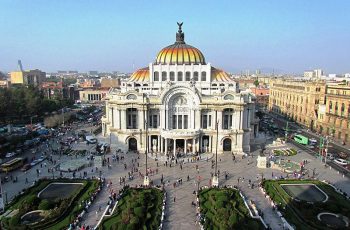

No Responses